Many candidates enter the process without fully knowing their market value, therefore don’t know how to position themselves.
We have already talked about the importance of bringing a collaborate, rather than competitive mindset, and ensuring you adhere to your primary objective; ensuring they want you enough, and showing them you want them enough, for them to make you an offer that you would want to accept.
“Most interviews are won, or lost, long before you walk into that room” is one of the key tenets of interview strategy and offer management, that most recruiters learn very early. What it tells us is that the successful candidate is likely to be very well prepared, and that is part of the recruiter’s and the candidate’s responsibility.
Some of this is just common sense, but as we know, common sense it not as common as we would like to think:
Research, Prepare, and Know what you need to Know:
Firstly, know the market, industry, company, the job description and those involved in the interview process. Pretty obvious really, but quite often glossed over. Do you know their Mission, Vision and Values? If it is in the public domain, have you looked at the Annual Report, identifying their opportunities, strengths and challenges?
Secondly, ensuring you understand and know how to meet their criteria, as well as prepare to be able to demonstrate that you do meet the criteria. Examples, and war stories are better prepared, than made up on the spot. Not just the direct criteria from the job description, but the likely qualities and behaviors they expect for the level of role. Any insight available from any internal connections? Any indications from the media, recent LinkedIn commentary?
Thirdly, knowing yourself. Self-awareness is not just a “fashionable trend”! Knowing your core strengths, where they are best used, and when they are not. The potential impact of your preferred operating style may not be interpreted as positively as you hope, dependent on the culture of the organization and those influential in the organization.
- Self-Confidence may be interpreted as arrogance.
- Modest as lacking self-confidence
- Analytical and methodological may be interpreted as rigid and slow to act.
- Persevering as stubborn.
Knowing how to position yourself, means you being prepared to know yourself, and that takes time, feedback and reflection. Do you know? Have you reflected and have you prepared to position that positively?
Finally, that you know your market value and the likelihood of your expectations of salary / total compensation having a reasonable overlap with their expectations / budget.
We have already talked about the importance of bringing a collaborative, rather than competitive mindset, and ensuring you adhere to your primary objective; ensuring you make them want you enough, and show them you want them enough, for them to make you an offer that you would want to accept.
What are the market rates for your role and level? Where is the organization in its life cycle of base versus upside? What are your margins and flexibility in each area of total compensation?
“Know what you need to know!”
How important do you think is knowing your value in advance? I would welcome your feedback.
Simon Crockett
Founder and Head Coach
To discuss this further, email enquiries@thecareerleadershipacademy.com



